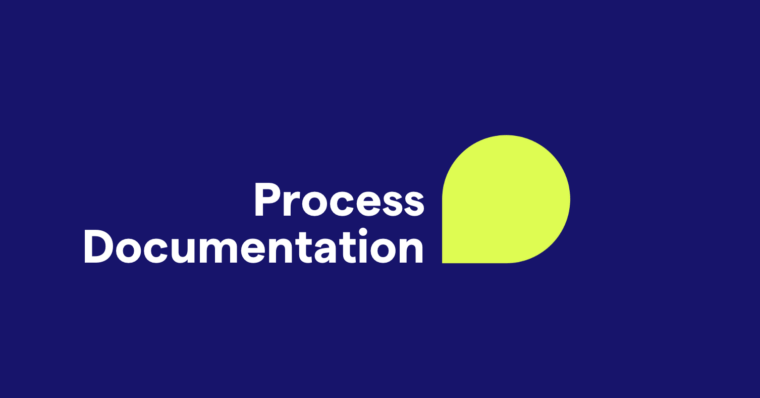
The office used to be a place where you would come, put in your eight hours, and go home to those who love you. Work wasn’t a place where you expected friendships or significant connections. However, things have changed. “There has been a shift within the workforce towards wanting meaningful work,” says career coach Jenn DeWall. “Meaningful work can encompass a variety of things, from having a job you’re passionate about to working on a strong team and knowing you’re a valued member.” And at the core of that meaningful work is the people you work with.
“We spend more time at our jobs than we do with our family and friends. Given the amount of time we invest in a company, people want to see a greater return on their time investment,” says DeWall. Cultivating better work relationships has also become an essential factor in career growth and promotion. DeWall explains that because career advancement comes from networking, the quality of relationships at work can vastly impact your chances for climbing the ladder.
“If we don’t have positive work relationships, it’s harder to build a professional network of resources and advocates that know your value and want you to succeed,” says DeWall. “Think of your positive work relationships as cheerleaders. The more cheerleaders you have, the more people will recognize you for promotions or career opportunities.”
Now that we know why professional relationships are worth the investment, DeWall offers her insights into how to cultivate and nurture bonds with colleagues—and we’re not just talking about happy hours. Whether you’re new to the team or a seasoned manager, here’s how to get beyond the cocktails and casual conversation to really form lasting professional bonds that’ll benefit your career.
1 Keep it simple.
If you’re just joining a company, DeWall suggests an informal meet and greet. “Set up an informal getting to know you meeting. Get to know them. Ask them about their experience at the company, their expertise and also ask them if they would be okay with you coming to them for questions because you are new.”
2 Practice humility and gratitude.
“No one wants to work with a ‘know-it-all’ or someone that thinks they don’t need help,” says DeWall. “If you act this way you will likely reduce the number of people that want to work with you. It’s important to let them know that you are here to learn from their expertise and to do your best for the team. Always thank individuals that assist with your training and development, especially in the beginning, as this increases your probability to have positive working relationships.”
3 Be an active listener and observer.
“Take time to understand the culture and norms before inserting your commentary. Make sure that you are showing respect for the company’s decisions and how they got to where they are today. This respect and curiosity will develop into stronger working relationships.”
4 Be transparent and honest, even when it’s tough.
If you’ve been in the working world for a while, you’ve had your share of good and bad on-the-job relationships. DeWall says that you may need to repair some fractured ties. Her best advice? “Acknowledge the challenge or issue that caused the strain and take responsibility. Do not deflect or play the blame game. Own your share of what made the relationship bad. Schedule a private meeting with the individual to have a conversation and apologize. It is never too late to apologize, ever.”
5 Have clear expectations of work relationships.
For managers looking to improve their company culture or team dynamic, take small steps towards change and don’t set the bar too high for direct reports. DeWall says, “Make sure your team understands what you expect of them. The more they have clarity, the more confidence they will have in their ability to do what is asked. If you have ambiguous expectations of your team, expect that it will be matched with frustration towards you, as you’re not giving them clear direction to support their success.”
6 Engage and encourage.
“Give praise and recognition at least every 2 weeks,” DeWall advises senior leaders. “People want to be seen at work, they want to know that they matter. Praise and recognition are the ways to ensure employees feel their value. The more they know their value, the harder they will work.”
When you’re trying to get your point across, it’s not always about what you say—sometimes it’s about how you say it.
Learn how our algorithms are transforming writing in our latest research, presented this weekend at #NAACL2018. https://t.co/PsCRYcbzex
— Grammarly (@Grammarly) May 31, 2018
7 Remember, coworkers and team members are humans.
If strengthening professional bonds is on your 2018 list of resolutions, it’s important to remember that no matter what title a coworker may have, they are just as human as you are. Connect as you would with anyone else. “Get to know their interests, dreams, personal lives, hobbies, etc. Get to know them. The more you get to know them, the more your relationship will grow and strengthen.”
8 Embrace individual differences.
In this day and age, it can be intimidating or even nerve-wracking to try to bond with coworkers. After all, knowing what is appropriate according to each colleague or how actions will be interpreted can be tricky. However, DeWall says that erring on the side of professional courtesy is the best policy. “As a general rule, practice care and respect for people and see them as individuals, not coworkers. Understand that we have all different backgrounds and experiences which lead us to who we are. Be respectful of those differences,” she says. “Also, in the age of #MeToo, it’s important for individuals to act with integrity and call out behavior that is inconsistent with it.”
A version of this post originally appeared on Glassdoor’s blog.
More from Glassdoor:
5 Apps That’ll Transform Your Career






